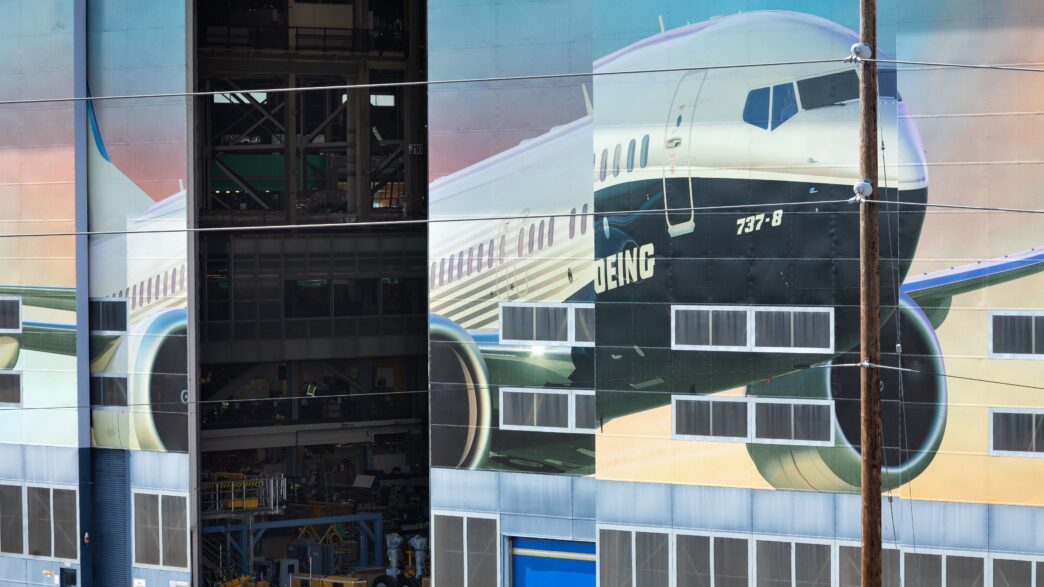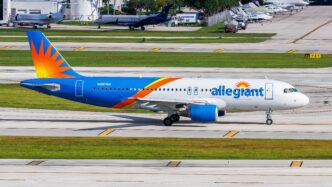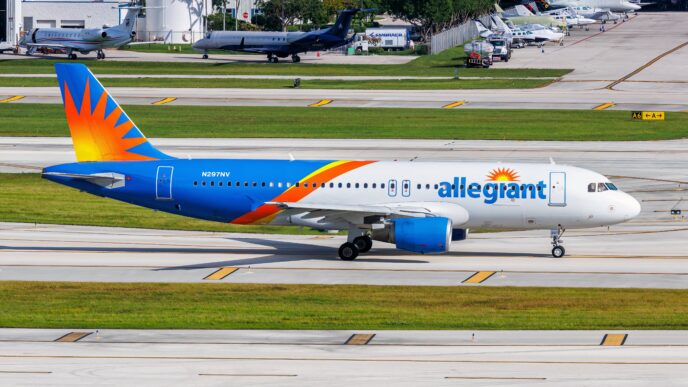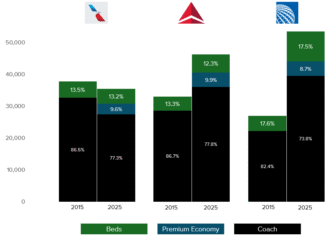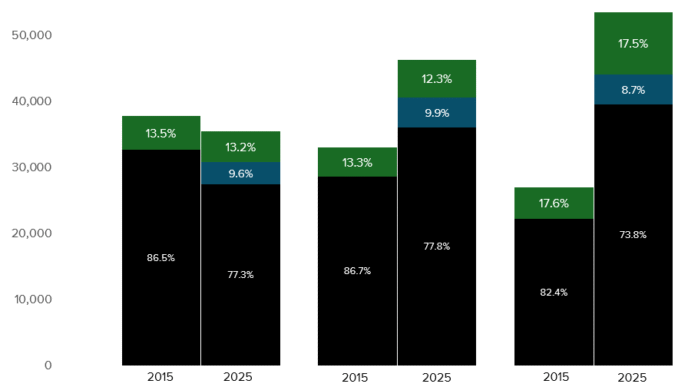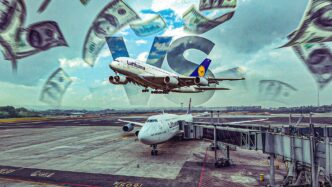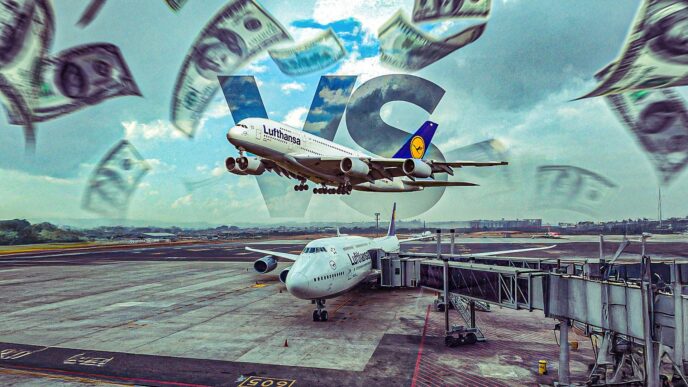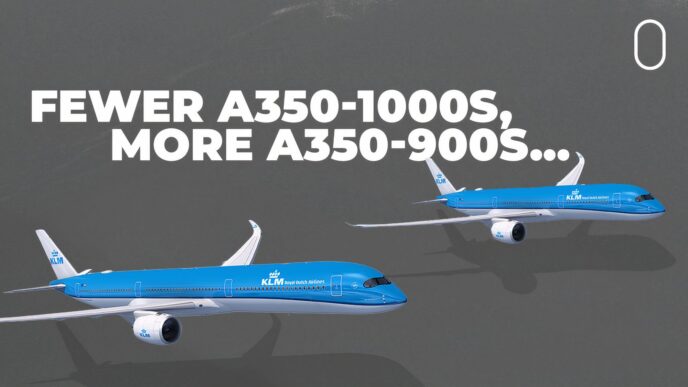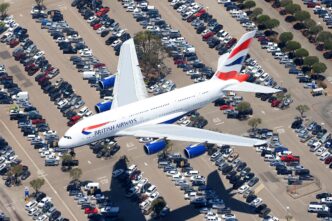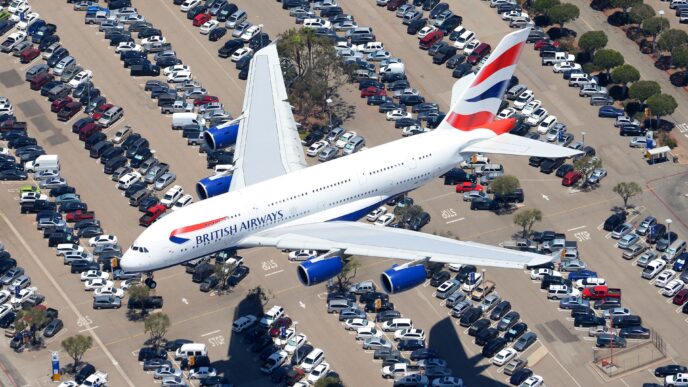Boeing Aerospace, the Seattle-based aviation giant, is finding its stride as it heads into the latter half of 2025. The company has successfully ramped up production to 38 jets per month and is eyeing an increase to 42, as revealed in their recent Q2 earnings call. Analysts are optimistic about Boeing’s trajectory over the next year, thanks to improved production rates and a healthier cash flow. However, the timeline for certifying the smaller Boeing 737 MAX 7 and MAX 10 models remains uncertain, with expectations now pushed to mid-2026. Despite these delays, Boeing’s leadership assures that production plans won’t be derailed, given the strong demand for the 737 MAX 8 and MAX 9 models.
Boeing is determined to boost its 737 MAX output to 42 jets monthly, a significant step forward after years of setbacks from past incidents. The main hurdle is regulatory approval, but Boeing’s leadership seems confident in overcoming this challenge. CEO Kelly Ortberg emphasized the company’s commitment to safety and rebuilding trust, stating, “As we look to the second half of the year, we remain focused on restoring trust and making continued progress in our recovery while operating in a dynamic global environment.”
For airlines, Boeing’s more predictable production schedule is a game-changer. With steadier output and improved delivery timelines, carriers can plan their schedules more reliably, retire older aircraft, and avoid costly short-term leases. While the MAX 7 and MAX 10 certification delays pose some challenges, many airlines are ready to adapt by using other variants of the 737 MAX family. This adaptability ensures that Boeing’s production ramp-up will continue to benefit both the company and its customers.
#Boeing #Aerospace #AviationNews #737MAX #AirlineIndustry #AircraftProduction
Originally reported by Simple Flying Read More

